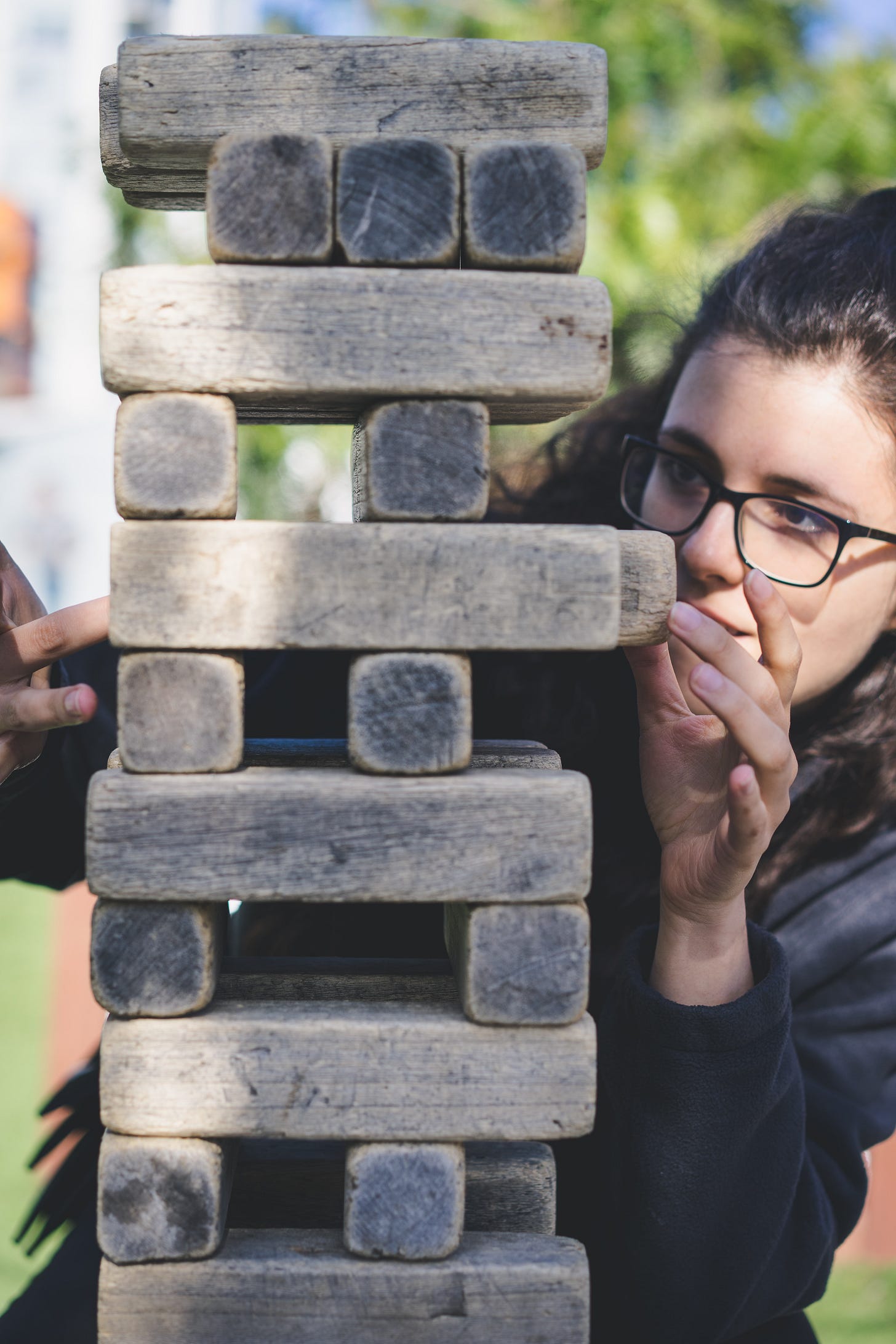Risky business
While we increasingly recognise that risk assessment has strong social element, using this to decide what to prepare for is another matter altogether
This week the World Economic Forum (WEF) published their Global Risks Perception Survey, based on the input of more than 600 business, government and society leaders in the WEF network. The report scores the likelihood and potential impact of a range of global risks that could have a “significant negative impact” in the next decade. They found that, along with infectious diseases, climate risks were seen as posing the greatest threat.
In the short term, the knock-on effects of the pandemic – along with economic inertia, youth disenchantment and social cohesion were seen to be of greatest concern. So perhaps not surprisingly the pandemic has shaped the way businesses are thinking about risk.
But looking back into the WEF 2019 report, pandemics were not on the list of short-term concerns even though there is a whole section on the risk of them: in prescient words, the report stated: “The world is badly under-prepared for even modest biological threats.” Indeed, for years there have been plenty of warnings about the possibilities of pandemics and their devastating impact from people such as Bill Gates.
So while business leaders may have been aware of the risks, we could envisage that this was a somewhat abstract notion that did not make it onto the short term concerns (and therefore action). So why was this the case? Why were we so unprepared even when the risks were apparent?
Perhaps the answer lies in the way we evaluate risk. We are starting to see more clearly that the way in which we evaluate risk is highly social, rather than individualistic in nature. And this social process is important in shaping what we consider to be worth focusing on or ignoring.
Social Amplification of Risk theory sets out these processes: First, mass and social media play an important role because they are typically our first point of contact with possible dangers – and, as we know, the media often chooses not simply to report expert knowledge of risk but to simplify and sensationalise it by creating debates about responsibility and blame.
From here, we see the emergence of an additional level of social influence via our own social networks – the web of relationships and interactions between people. As people like to self-select who they want to spend time with, people spend time with like-minded others so our beliefs reinforce each other.
This helps to explain how in 2019 we knew about the risks of a pandemic but did not take the steps necessary to prepare for it.
That our attitudes to risk are typically not based on rational and systematic evaluation of evidence is not unreasonable. Societies need a means of agreeing which risks we look at and which we choose to ignore: we have to operate with some degree of agreement of what we worry about.
But at the same time because we rely on a host of contextual and cultural factors to evaluate risk, we can be vulnerable to the over reliance relying on the concerns of others. At one end of this spectrum we then have we have aUK government minister who considered that we “have had enough of experts” and Kelley Conway’s take on ‘alternative facts’. On the other side we have conspiracy theorists who tend to question received wisdom but often using a range of knowledge that is generally considered to sit outside of what is permissible or substantive.
We cannot ignore these developments as important in the way social beliefs are formed. Indeed we can see these as markers of the way a battle is being fought in a very public about what constitutes legitimate knowledge, about what should worry about and what to ignore. Of course, at one level this is a welcome, inevitable and necessary part of life. But there is a danger that we fail to have a more informed debate about risk, so we are buffeted around by the vagaries of the social mechanisms to decide which risks we focus on, rather than the dull but necessary task of a more systematic approach.
It’s imperative to more carefully assess which of the many abstract, existential risks should translate into tangible action. We failed to do this for COVID and need to question if this was because there was a reliance on our collective beliefs about risk rather than any kind of considered assessment. Understanding that we collectively rely on a social process to evaluate risk is one thing, relying on this social process to decide what to prepare for is another all together.


